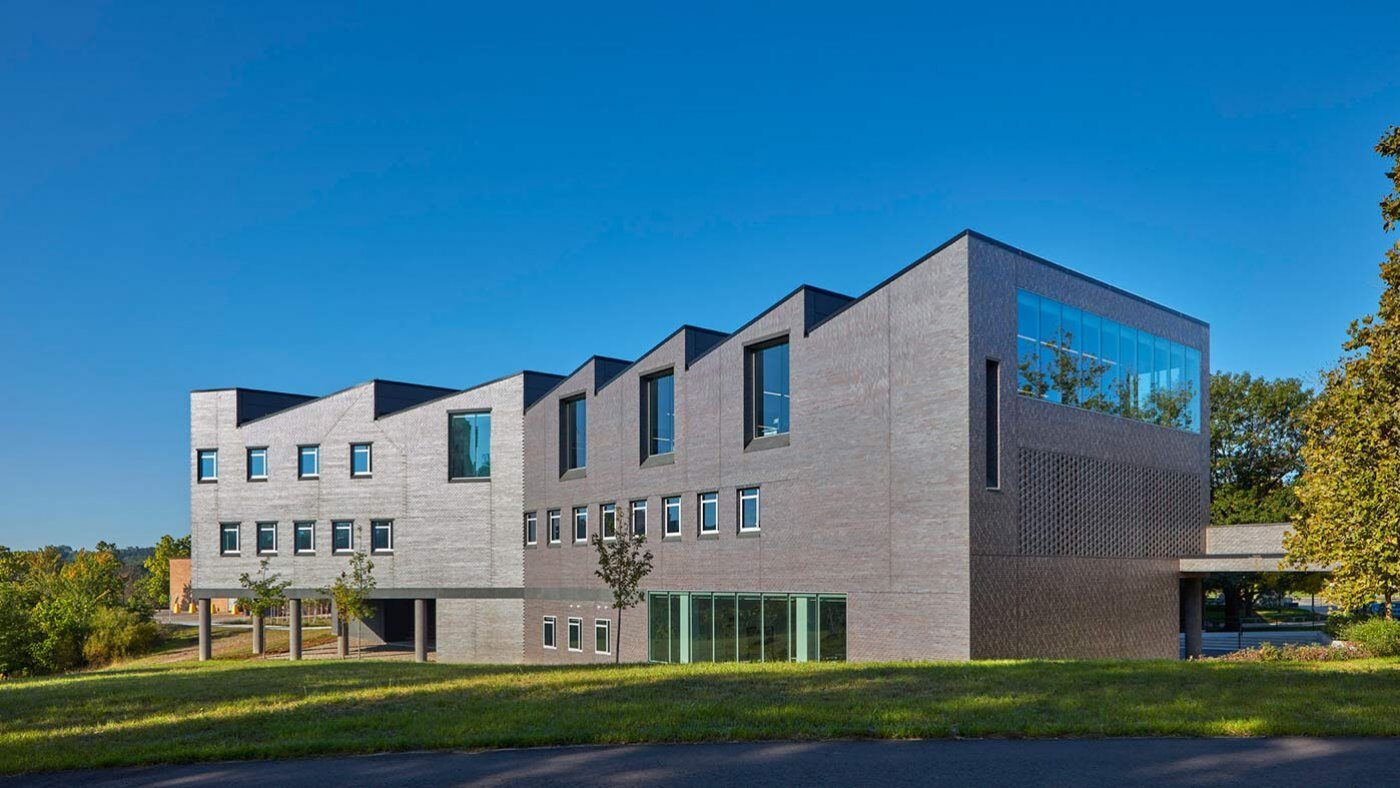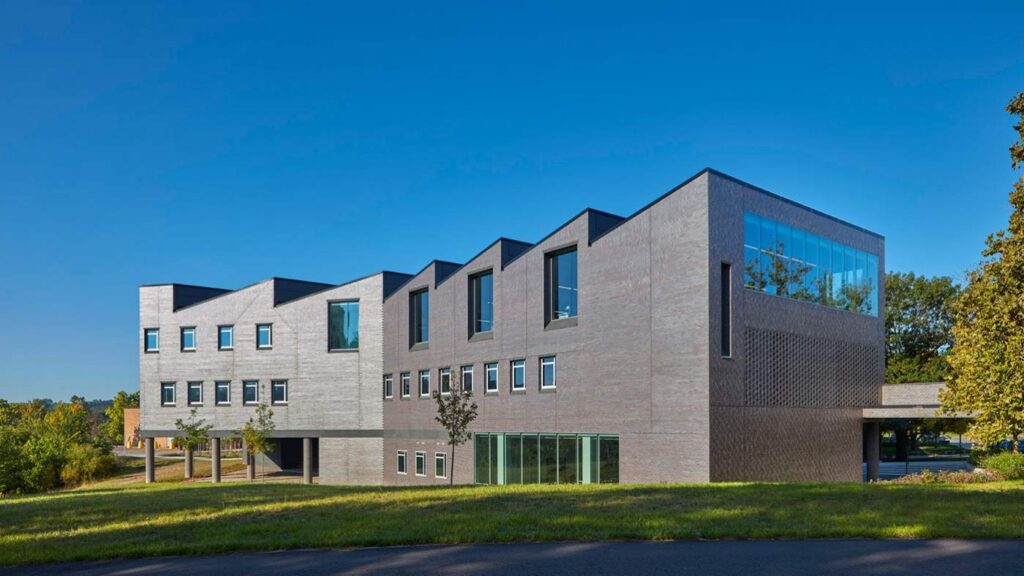

Taubman College is excited to announce the inaugural recipients of Pressing Matters grants. The new research incentive funding program will support work that advances the state of knowledge and/or practice in architecture, planning, urban design, and urban technology; addresses societal priorities of our time; and forges new interdisciplinary opportunities.
“These projects explore new ways for our disciplines to address some of our most pressing concerns,” said Dean Jonathan Massey. “Taubman College faculty are collaborating to discover new methods for fighting climate change, expanding access to quality housing, strengthening regional ecosystems, and finding the right balance between privacy and policing. These grants will help our faculty and students define the state of the art in these key domains.”
Over the past decade, Taubman College’s internal research incentive funding programs have supported research and creative practice to advance and generate knowledge in targeted focus areas. These include the Research through Making, Research on the City, Research through Planning, and Prototyping Tomorrow programs. Building on this legacy, and the significance of this moment in time, the Pressing Matters grant program highlights the value that architecture, planning, urban design, and urban technology can bring to bear on complex global challenges.
A central criterion for the Pressing Matters grant program was relevance to one or more core Taubman College disciplines and one or more of the University of Michigan’s “big picture” multidisciplinary themes. In addition, Pressing Matters grant applicants had to demonstrate that their project would activate collaboration between fields within the college, with another U-M unit, or with an external partner and show that their work would empower constituencies to improve their quality of life. Another factor was the project’s ability to garner future external funding and leverage this award with funding, data, resources, or capacities from other sources.
Read more here.


